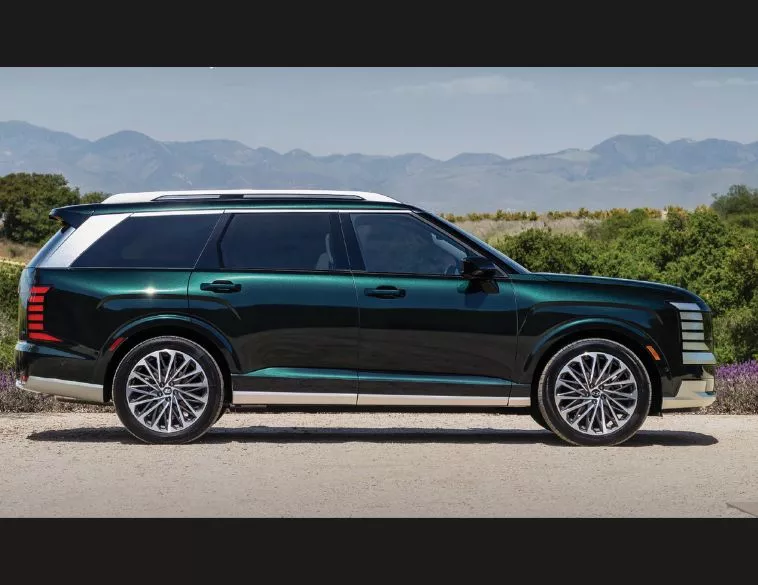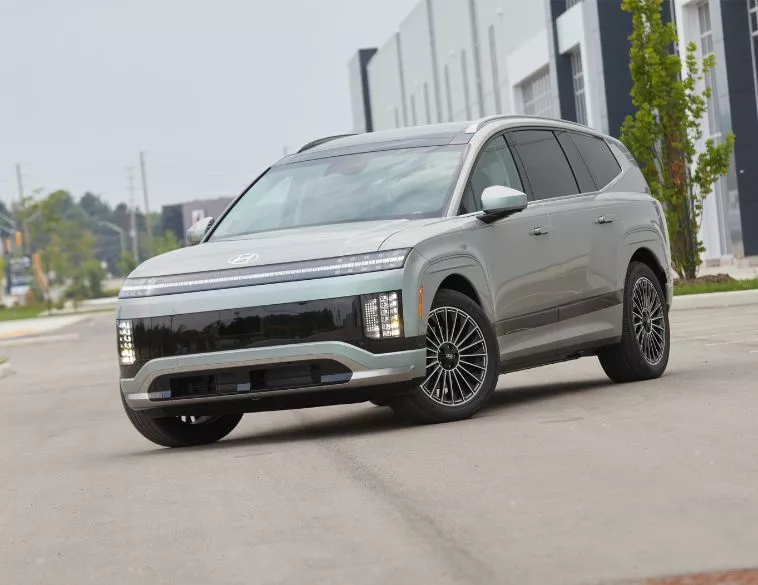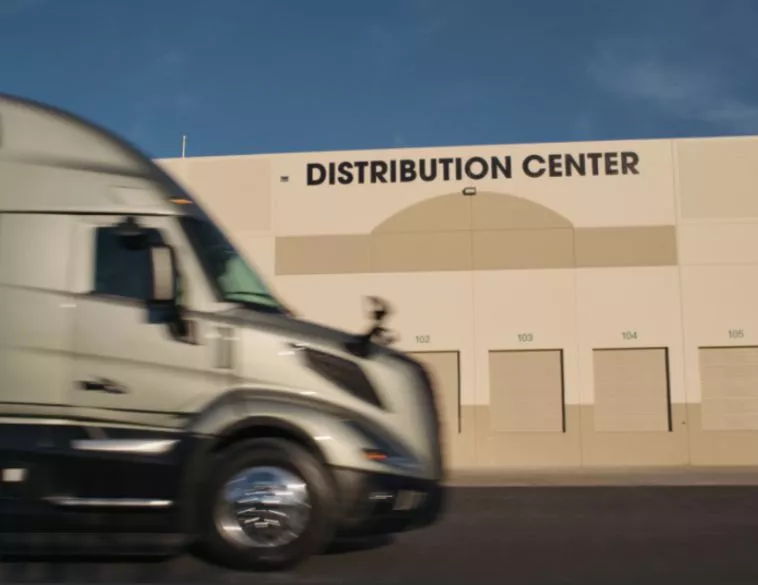Hyundai Offers a Value Proposition That’s Hard to Beat
Today’s economic pressures, tariff concerns and market uncertainties have made it more difficult than ever for fleet professionals to choose the right vehicles for their organizations. Add in the need to meet environmental, social, and governance (ESG) goals (and to do so on a tighter budget) and things can get very complicated.
“Commercial fleets are in a unique position because they have to balance total cost of ownership, operational needs, sustainability goals and infrastructure readiness,” says Zohair Ahmed, Manager, Commercial Fleet & Mobility Services, Hyundai Canada.
One of the ways fleet managers are able to meet these competing goals is by investing in vehicles with a hybrid or plug-in hybrid (PHEV) powertrain. These options are appealing because they allow fleets to reduce their fuel costs without having to invest in the kind of charging infrastructure that would be needed when adding battery-electric vehicles (BEV) to their fleet.
“Hybrid vehicles tend to have a broader fleet application, since there is no charging infrastructure required, no downtime due to charging, and initial acquisition costs tend to be lower, especially with our lineup,” Ahmedadds.
Kevin Forodi, National Manager, Fleet, CPO, Protection Products & Mobility Services, Hyundai Canada agrees. “The automotive industry is currently going through a major shift towards adopting green vehicles,” he says. “Some companies are opting for their employees to drive hybrid vehicles, since they require less infrastructure than would be necessary with a transition to full-electric vehicles. In certain aspects it eases the transition towards a lower carbon footprint.”
The Hyundai Advantage
While fleet professionals have a wide variety of hybrid and PHEVs to choose from, Forodi says that Hyundai’s vehicles tick all the boxes with fleet customers. “At Hyundai, we continually strive to improve our vehicles so they can better our customers’ everyday needs,” he explains. “That’s why we’ve gone to great lengths to offer impressive fuel efficiency and energy efficiency across all our models.”
While Hyundai’s hybrids boast great fuel economy numbers, their plug-in hybrids go a step further by offering an an impressive all-electric range. For instance, the Tucson PHEV has an all-electric range in excess of 50 km.
Another key advantage is that all-wheel drive is standard equipment on all of Hyundai’s hybrid SUVs, which is a big plus for fleets that operate in Canada where winter weather can be unforgiving.
“And unlike some manufacturers who employ naturally-aspirated hybrid technologies, Hyundai uses turbochargers for added efficiency, more torque, and stronger acceleration,” Ahmed adds.
Moreover, when it comes to creature comforts, amenities and technology, Hyundai has long been known to equip their vehicles with some of the most advanced must-have features that are easy-to-use, intuitive, and practical.
Hyundai’s 2026 Lineup
Hyundai is offering a range of hybrid and PHEV vehicles for the 2026 model year, including a number of affordable sedans, roomy crossovers, and capable SUVs.
For example, the compact Elantra and the spacious Sonata both compete in the hybrid sedan segment. In addition, Hyundai’s crossover and SUV offerings include the Tucson, which is available as a conventional hybrid or a PHEV. The latter boasts an all-electric range of over 50 km.
“As we step up to the larger vehicles,” Forodi adds, “the Santa Fe Hybrid is offered with room for six or seven, while the all-new, full-sized Palisade tops our hybrid SUV lineup with three rows of passenger space, and a hybrid powertrain.”
Whether your fleet needs hybrid of PHEV options, Hyundai has a vehicle that is sure to fit the bill. “Our fleet clients’ needs are as diverse as our lineup,” Ahmed says. “From daily rental to security or police patrol to field reps, our vehicles can adapt to any light-duty fleet application.”
Furthermore, Hyundai stands behind all their products. “Not only do our vehicles deliver value without cutting corners,” Ahmed concludes, “but our hybrid vehicles are backed by an award-winning 5 year/100,000 km comprehensive limited warranty, and the hybrid systems are covered for 8 years/160,000 km. That’s a value proposition that our fleet customers really appreciate.”





